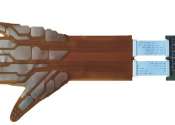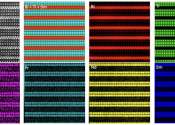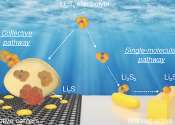Artificial tactile system study: Robots' sense of touch could be as fast as humans
Research at Uppsala University and Karolinska Institutet could pave the way for a prosthetic hand and robot to be able to feel touch like a human hand. Their study has been published in the journal Science. The technology ...
May 15, 2024
0
79









